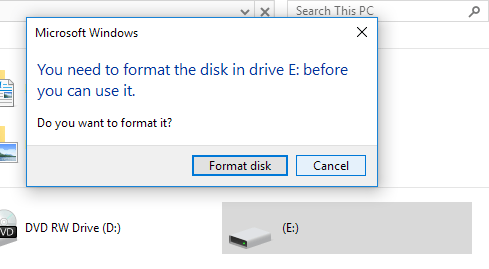Free Planner App For Mac
We are super excited to be a NaNoWriMo sponsor our first year out. We hope we can help you reach the goal of becoming a winner. I t's a long journey to 50,000 words but with a good outlining it will be easier to finish your novel. And we have the perfect tool for you. With Story Planner you can create awesome outlines for your novels and screenplays, sync them on all your iOS and macOS devices and export them to your favourite writing software when you are ready for your first draft. Story Planner is available for Mac and iOS —we have plans to start developing the version for Windows next year— and allows iCloud synchronization, so your masterpiece in progress is always with you. Not sure yet?
Every Apple app uses iCloud — it’s the magic behind the seamless experience you have with all your Apple devices. So you always have your photos, videos, documents, email, notes, contacts, calendars, and more on whatever device you’re using. Fantastical 2 is a workhorse of a calendar app that can connect to your iCloud, Exchange, Google, Yahoo, fruux, and CalDAV accounts. It then imports all of your daily event information into one unified calendar, which can be displayed as a full month along with daily, weekly, or yearly options. Dollarbird is a personal finance app that focuses around creating a calendar of your expenses to give you a high-level view of your expenditures, as well as predict big expenses that will come up in the future. 2 Master These 25 Mac Shortcuts to Work Faster and Smarter 3 7 Clever Goal Tracker Apps to Help. And you work with many. Beyond Google Calendar And Apple Calendar The 18 Best Apps To best free calendar app for mac 1174 X 699 gokhi8 650 X 387 5 Best Calendar Apps For Mac best free calendar app for mac 1148 X 720 roiy89 650 X 407 The Best Calendar App For Mac The Sweet Setup best free calendar app for mac 1920 X 1440 lkih 650 X 487 Beyond Google Calendar And Apple Calendar The 18 Best Apps To best free.

Take a deeper look to.  If you’ve been writing for a while, you may have read before that there are two kinds of writers: plotters and pantsers. Plotters work on the plot and plan the story before writing it. Pantsers, on the other hand, “fly by the seat of their pants” and jump into the novel without having any idea of how it’s going to progress.
If you’ve been writing for a while, you may have read before that there are two kinds of writers: plotters and pantsers. Plotters work on the plot and plan the story before writing it. Pantsers, on the other hand, “fly by the seat of their pants” and jump into the novel without having any idea of how it’s going to progress.
If you’ve tried the pantser method before and it has gone well, congratulations! If it works for you, go ahead and use it. But if you’ve tried it and you haven’t been able to finish your work, or if it’s your first foray into novels and you aren’t sure if you’re a plotter or a pantser, our advice is to give planning a chance. We have at least ten good reasons.
You’ll create more interesting characters with clear objectives It’s true that characters have lives of their own, and when you write your first draft you’ll undoubtedly be surprised by actions you hadn’t imagined before. But working on your characters before writing the novel will allow you to get to know them better, give them interesting objectives and internal dilemmas, and make them more cohesive with the story. That way you won’t have to wonder how your protagonist should react to a certain situation, because they’ll be consistent, interesting characters for the reader. It’s not more boring, quite the opposite To pantsers who claim that outlining takes the emotion out of writing, our response is that emotion starts earlier, with planning, and lasts much longer. Creating the story’s characters and settings, as well as constructing it scene by scene, is an emotional, gratifying and creative job.
Instead of having to think about how to deal with a specific part of the story, you work on the novel as a whole, which allows you to come up with new plot ideas. Ideas that perhaps wouldn’t have occurred to you without the outlining process. It lets you focus on what’s important Can you imagine a film director who, instead of directing the scene they’re shooting, had to write it from scratch?
If you have good planning, when you work on the first draft you can be like a film director and concentrate on enjoying the scene. You’ll be able to focus all of your energy on creating text that makes the setting, action, dialogue and characters stand out. This will also save you rewriting time and will make your novel much more interesting.